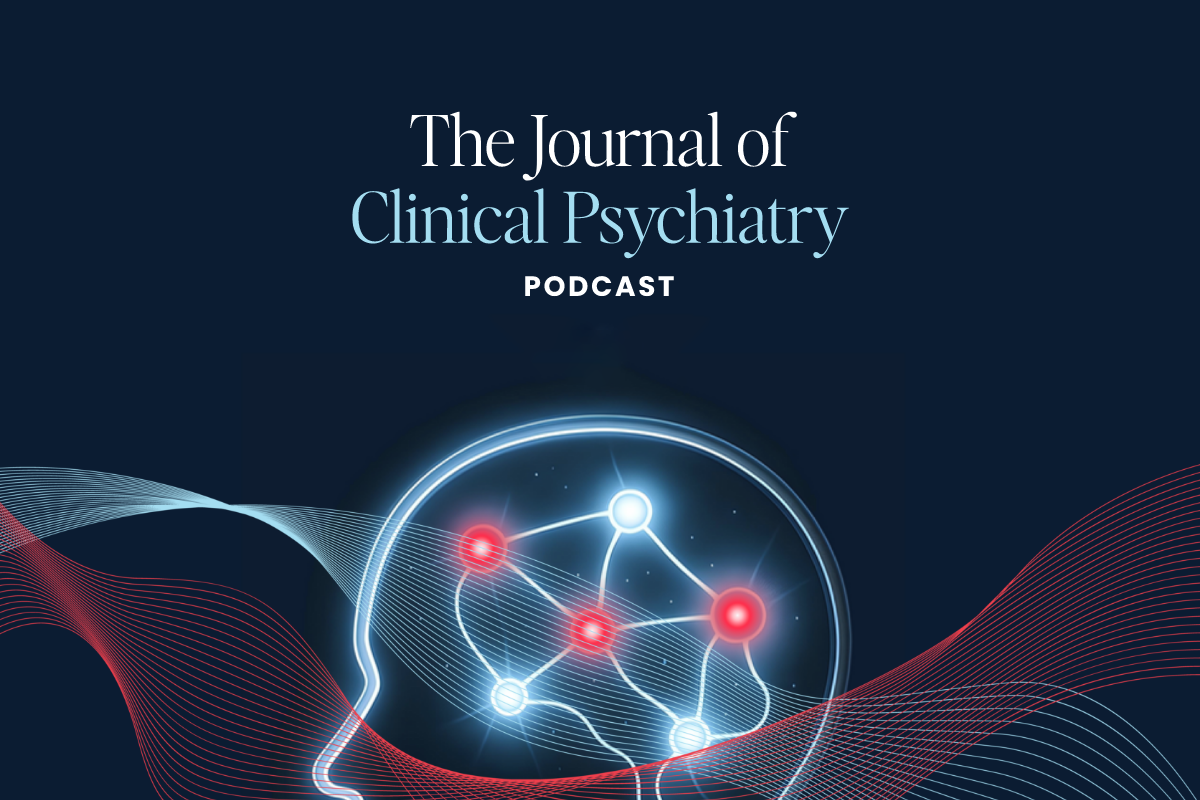Concerns about aspartame and other artificial sweeteners usually focus on whether or not they increase cancer or cardiometabolic risks. Now a fresh investigation from Florida State University’s College of Medicine raises new questions about their effect on cognitive abilities.
Memory Test Findings
In the Scientific Reports study, male mice drank water spiked with an aspartame dosage equivalent to 7–15 percent of the FDA’s recommended maximum daily intake for humans—analogous to downing two to four 8-ounce cans of diet soda daily. The team said they intentionally set the aspartame levels below the FDA’s upper limits to represent moderate, everyday consumption by a typical consumer. After sipping the artificially sweetened water for several weeks, the rodents underwent tests to measure how well they could understand and remember their environment.
Brain-Targeting Drug Similar to Ozempic Shows Promise in Parkinson’s
Matcha Green Tea May Help Fight Depression
How to Use Lithium Augmentation for Treating MDD
Problems in spatial working memory – short term skills used for navigation – were evident within just 4 weeks and persisted for at least 12 weeks. The mice struggled to retain important aspects of their surroundings and had difficulty recalling paths through the mazes they had taken before. Deficits in spatial learning, important for mastering new mazes, appeared after 13 weeks of consuming the artificial sweetener.
However, the study found that once the mice had learned a route, their long term memory remained intact. They had no trouble recalling what they had previously learned, and were even able to navigate through familiar mazes in reverse. This suggests that the memory issues caused by aspartame were specific to new learning and short-term working memory, but not to long-term memory retention or recall.
“We’re seeing they use a different strategy, but they do find the escape box,” said co-author Deirdre McCarthy, research faculty in the Department of Biomedical Sciences and the Center for Brain Repair in a press release. “They compensate in some sort of way.”
Generational Effects
In a surprise twist, the male mice passed the memory deficiencies onto the next generation through a process known as epigenetic inheritance. Epigenetics refers to changes in gene expression that occur without alterations in the underlying DNA sequence. It involves modifications to the structure of DNA or its associated proteins, which can influence the functioning of genes.
In this case, it appears epigenetic changes were passed along through the sperm of the male mice. Both male and female offspring inherited memory problems from their fathers.
The same team published an earlier study that linked aspartame consumption to anxiety in mice, with effects extending up to two generations. Pradeep Bhide, the paper’s coauthor, said that the new research underscored the extent to which aspartame affects the brain.
“This is a cognitive function that is distinct from the anxiety behavior, so the effects of aspartame are much more widespread than the previous paper had suggested,” said Bhide, who is also the Jim and Betty Ann Rodgers Eminent Scholar Chair of Developmental Neuroscience in the Department of Biomedical Sciences at the university.
Regulatory Disagreements
Discovered accidentally in 1965 during research into anti-ulcer medication, aspartame is one of the most widely used artificial sweeteners in the world. It’s an ingredient in thousands of products, including diet sodas, sugar-free gum, low-calorie desserts and tabletop sweeteners. The chemical is approximately 200 times sweeter than sugar which means it can be used in small quantities to create a desired taste.
Regulatory agencies like the FDA and the European Food Safety Authority (EFSA) have approved its use, attesting to its safety when consumed within established guidelines. However, the World Health Organization released a report earlier this year, expressing concerns over ersatz sugar, though it largely focused on carcinogenic risks. It did not address potential effects on cognitive abilities.
The compensation to overcome learning and memory deficits as seen in the study is significant, according to Bhide. While the mice could function and eventually find their way out of a maze, they needed more time or some prompting. And the epigenetic implications deserve further investigation. He said he hoped that the findings would spur the FDA to take a closer look at the long term safety of aspartame.



